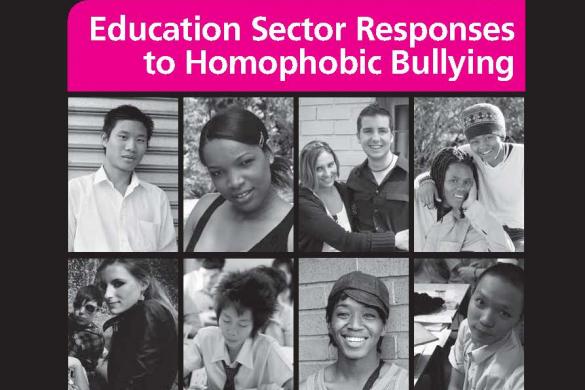
International Day Against Homophobia, Transphobia and Biphobia
This year, the focus of the International Day against Homophobia and Transphobia is lesbian, gay, bisexual, transgender and intersex (LGBTI) young people.

This year, the focus of the International Day against Homophobia and Transphobia is lesbian, gay, bisexual, transgender and intersex (LGBTI) young people.

The training is aimed at equipping teachers with skills of how to present Life Skills as a subject and how to deal with sensitive topics (puberty, sex, teenage pregnancy, condom use) in classroom.
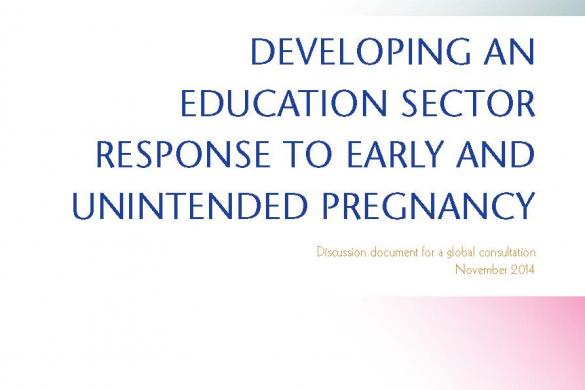
This discussion paper was prepared by UNESCO for the global consultation on education sector responses to early and unintended pregnancy (EUP) held in Johannesburg in November 2014.

In 2015, V. Brezhneva met with the members of youth volunteer organizations, to discuss the opportunities of using the Internet to promote healthy lifestyle and prevent HIV among adolescents.
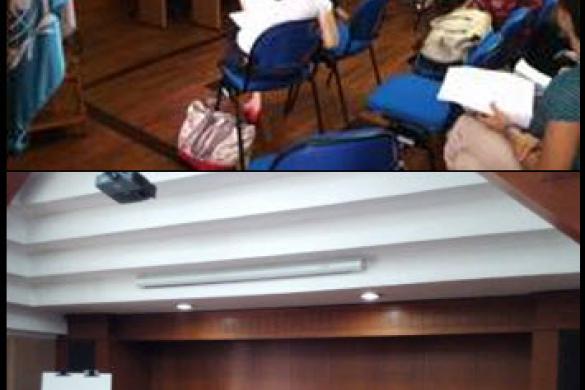
UNESCO and UN Cares Indonesia organised it first learning session on discrimination and disability. It was well attended by more than 35 participants from UNDP, ILO, UNDSS, and UNESCO.
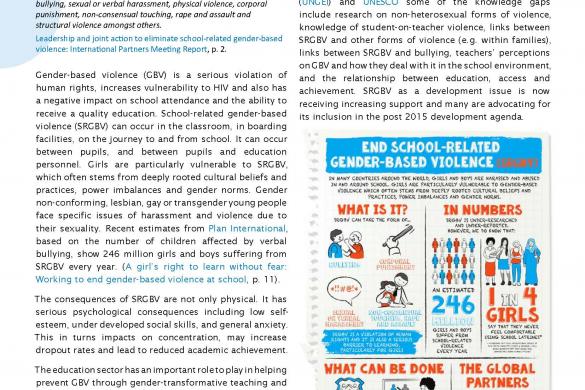
An overview of the issue of school-related gender-based violence and a selection of resources, news and blogs from partners working to ensure that schools are safe learning spaces for all.
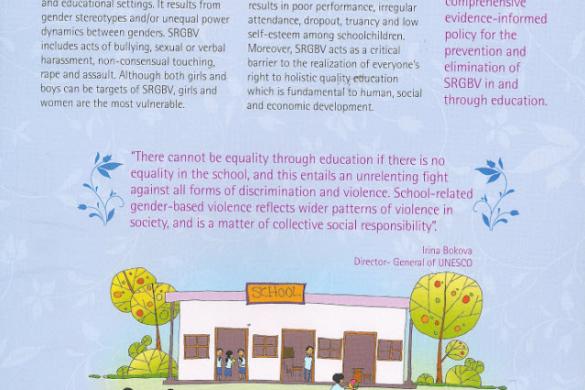
The UNESCO Office in New Delhi has published a desk calendar on school-related gender-based violence. The calendar provides advocacyand information on how to promote violence-free school programmes.
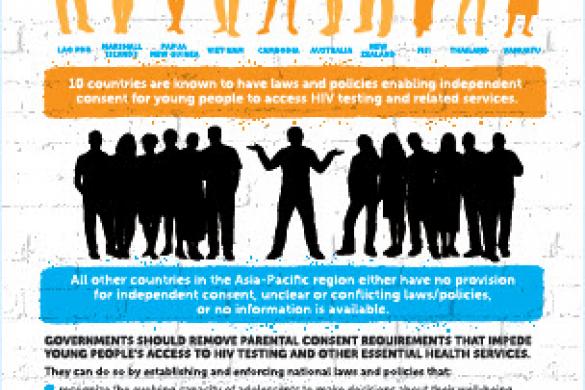
The sooner that a young person is tested for HIV, the sooner they can access life-saving treatments, and testing is also a key entry point to prevention.
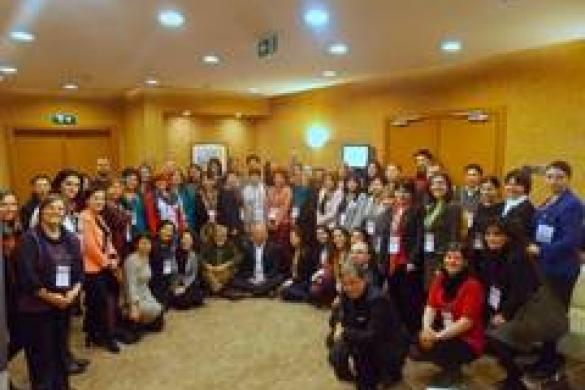
In 2015, several actors organized a technical consultation for 18 European and Central Asian countries to review the progress made in providing adolescents and youth with access to health education.
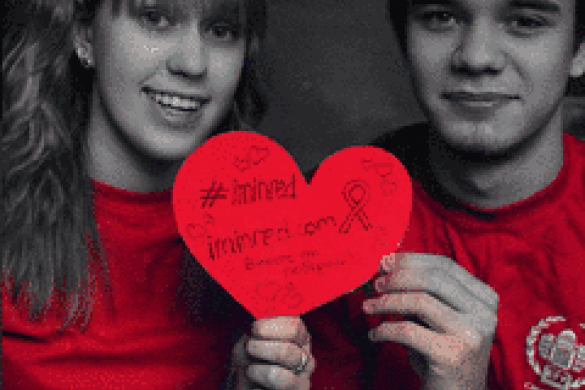
On the 14 of February, St. Valentine’s Day, UNESCO Moscow Office summed up the social campaign #iminred aimed at raising awareness about HIV and promoting solidarity with people living with HIV.
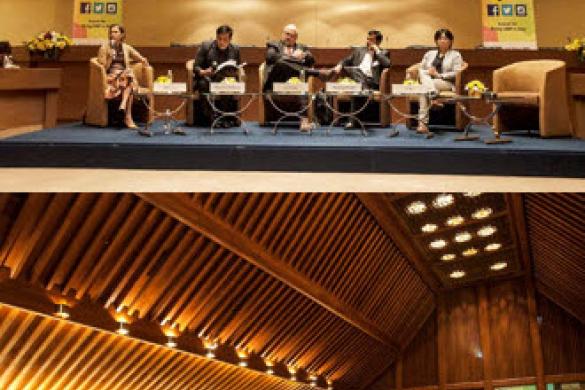
UNESCO Bangkok will oversee the educational component of the second phase of a regional United Nations Development Programme (UNDP)-led initiative to uphold the rights of LGBTI people.
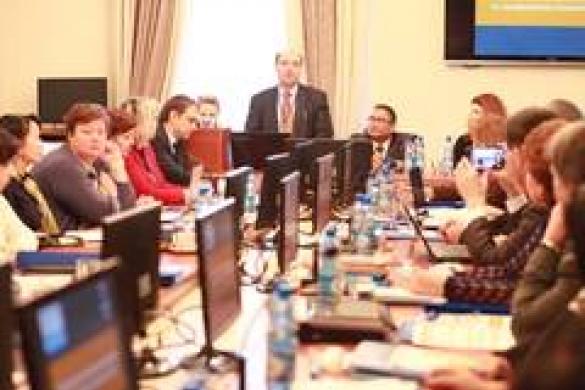
UNESCO held the Regional expert meeting share country-specific experiences and discuss the Regional guide on school-based violence prevention and response developed by UNESCO.